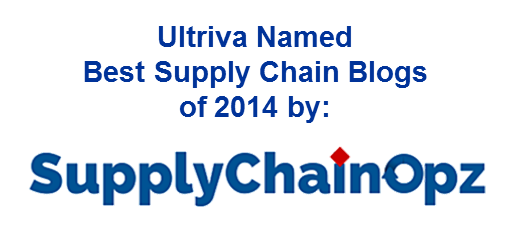Recently there has been a wave of newcomers to technology solutions providers claiming to know and understand demand driven supply chain solutions. Some are renamed companies, as if putting a fresh coat of paint on the old technology addressed real issues. Many of these new (or newly disguised) solutions have significant limitations, functioning predominantly within the four walls of a manufacturing plant or with scheduling as the primary foundation of their technology.
 The evolution of best practice demand driven technology MUST allow for exception driven management. Manufacturers, regardless of industry sector represented, must have the ability to put supply chain replenishment on cruise control while managing through exceptions. The exceptions can happen within or beyond the four walls of business.
The evolution of best practice demand driven technology MUST allow for exception driven management. Manufacturers, regardless of industry sector represented, must have the ability to put supply chain replenishment on cruise control while managing through exceptions. The exceptions can happen within or beyond the four walls of business.
Only Ultriva has incorporated built-in alert mechanisms allowing customers to define the exceptions and assign or designate managing this information. Until now, demand driven solutions may have had a system that automatically raised alerts on exception events, yet confined to the factory floor.
Exceptions happen both at the factory floor AND suppliers.
Simple case of exceptions could be late shipments, short shipments, supplier missed printing labels, increased customer demand, or production schedules are not completed on time. These exceptions happen every day (or certainly every week) of manufacturing globally. As the global supply chain and sourcing expands the frequency of exceptions increases as well. The capacity and dexterity of demand driven supply chain technology finesse quickly reveals the short-comings and inexperience of the “new kids on the block.”
The notifications can go to the owner of the problem through application alerts as well as via emails. Options are available to alert multiple users (internal and external) in real time or as a digest. The alerts also include actionable information for taking necessary corrective actions.
If the customer demand is increasing, only a solution with exception alerts can articulate the defined demand, how much has it increased in the last 15 days, or how much has it increased in 90 days.
When the supplier does not ship on time, buyers can get an alert, which helps to define best-practice supplier (and allows for supplier rankings and preferences.) It generates a system by which supplier can become aware of deficiencies and work to improve proficiencies.
Similarly when suppliers’ short-ships buyers it is critical that receiving dock personnel are alerted. Likewise an alert could be generated in advance for a part that will be expiring or if a part stays in inspection or any other tasks longer than the defined time.
Parroting industry leader’s claims does not hide limitations. Exception driven management is one metric to consider differentiation and best-in-class technology. To those searching for demand driven technology solutions caveat emptor! (Buyer Beware.)



